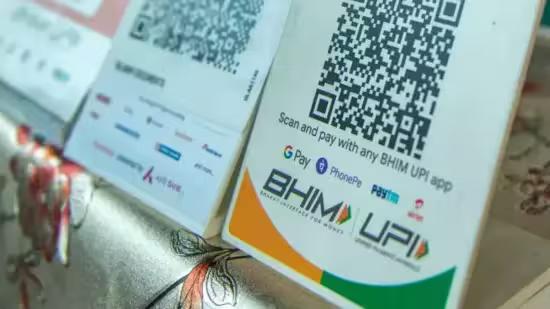
Trinidad & Tobago becomes the first Caribbean nation to adopt UPI
In a significant move, Trinidad and Tobago has become the first Caribbean country to adopt Unified Payments Interface (UPI), India’s flagship digital payment platform. This milestone was achieved during Prime Minister Narendra Modi’s two-day official visit to the Caribbean nation. The adoption of UPI by Trinidad and Tobago marks a significant step forward in the country’s digital payment landscape, providing citizens with a fast, secure, and convenient way to make transactions.
UPI, developed by the National Payments Corporation of India (NPCI), is a real-time payment system that enables users to send and receive money using their mobile phones. It has been instrumental in revolutionizing the digital payment landscape in India, with over 1.3 billion transactions taking place on the platform every month. The platform’s success has led to its adoption by several countries, including Bhutan, Nepal, and Singapore, among others.
The adoption of UPI by Trinidad and Tobago is a testament to the country’s commitment to embracing digital technologies and improving the lives of its citizens. The government of Trinidad and Tobago has recognized the potential of UPI to transform the way people make transactions, and has taken the initiative to introduce the platform to its citizens.
The agreement to adopt UPI was signed during Prime Minister Modi’s visit to Trinidad and Tobago, which saw the two countries exploring further collaboration in the implementation of India Stack solutions, including DigiLocker, e-Sign, and Government e-Marketplace (GeM). India Stack is a set of APIs that enables the creation of various digital services, including digital locker, digital signature, and digital payment. The adoption of India Stack solutions by Trinidad and Tobago will enable the country to leverage the benefits of digital technologies and improve the efficiency of its government services.
The adoption of UPI by Trinidad and Tobago is also expected to boost trade and economic ties between the two countries. UPI’s real-time payment capabilities will enable businesses to make transactions quickly and securely, reducing the need for physical cash and cheques. This will not only improve the efficiency of transactions but also reduce the risk of fraud and errors.
The adoption of UPI by Trinidad and Tobago is also seen as a significant step forward in the country’s efforts to reduce its reliance on cash. The country has been working to reduce its cash-based economy, and the adoption of UPI is expected to play a key role in this effort. UPI’s real-time payment capabilities will enable citizens to make transactions using their mobile phones, reducing the need for physical cash and increasing financial inclusion.
In addition to Trinidad and Tobago, several other countries have also adopted UPI, including Bhutan, Nepal, Singapore, and the United Arab Emirates. The platform’s global footprint is expected to continue to grow in the coming years, as more countries recognize the benefits of digital payments and the importance of reducing their reliance on cash.
In conclusion, Trinidad and Tobago’s adoption of UPI is a significant milestone in the country’s digital payment landscape. The platform’s real-time payment capabilities will enable citizens to make transactions quickly and securely, improving the efficiency of transactions and reducing the risk of fraud and errors. The adoption of UPI is also expected to boost trade and economic ties between Trinidad and Tobago and India, and is seen as a significant step forward in the country’s efforts to reduce its reliance on cash.






